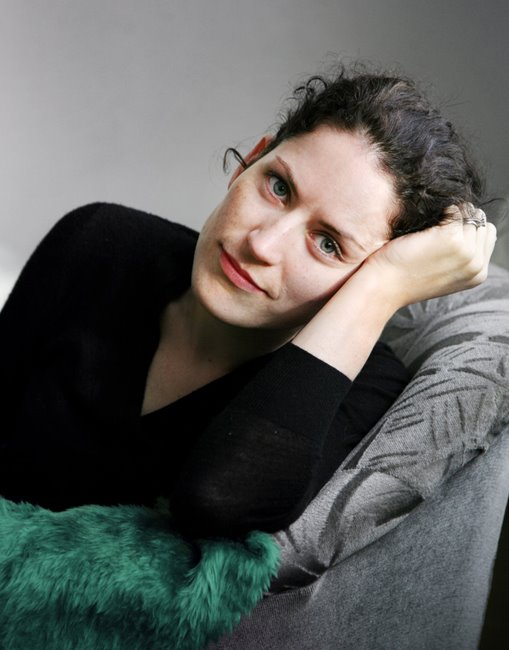A reimagined view of the Blue Mountains, New South Wales, Australia.
This project is a poignant and thoughtful meditation on the wildfires in the photographer’s home country of Australia that connects its colonial past with its precarious climate future. Through a series of manipulated, composited, and recontextualized images, Aletheia Casey grapples with the environmental and personal impact of the 2019-2020 wildfires in New South Wales, which were among the largest ever recorded in the country. As these fires grow in frequency and severity due to escalating global temperatures, the project raises the question of how colonialism and climate change may be linked.
Using a variety of methods, the photographer infuses emotional depth into her landscapes. Some images bear the marks of paint or ink applied directly onto the surface; in others, the paint is scratched away to reveal underlying layers. These altered landscapes serve as potent visual metaphors for both the external devastation wrought by the wildfires and the artist’s internal turmoil.
In other instances, Casey juxtaposes these altered landscapes with images of either indigenous animals native to the region, or animals that were introduced to Australia and become pests, often sourced from museum archives in the UK. These juxtapositions point towards the often overlooked historical links between 19th century biology, scientific exhibitions, and colonial logic, underscoring the interconnections between current ecological disasters and Australia's colonial history. By highlighting the country's scientific-rationalist approach to nature, characterized by the relentless pursuit of control and dominance, the project prompts viewers to confront the enduring legacy of colonialism and its role in exacerbating the environmental challenges facing Australia today.
The artist respectfully acknowledges the Australian Aboriginal and Torres Strait Islander peoples as the first inhabitants of the nation who are and always will be the traditional custodians and first people of the land on which these images were made.
With thanks to The Grant Museum of Zoology, UCL Culture, London, United Kingdom.
Are you a photographer and/or passionate about press freedom? Sign up for our newsletter to stay updated on our annual contest and to hear about exhibitions near you.

